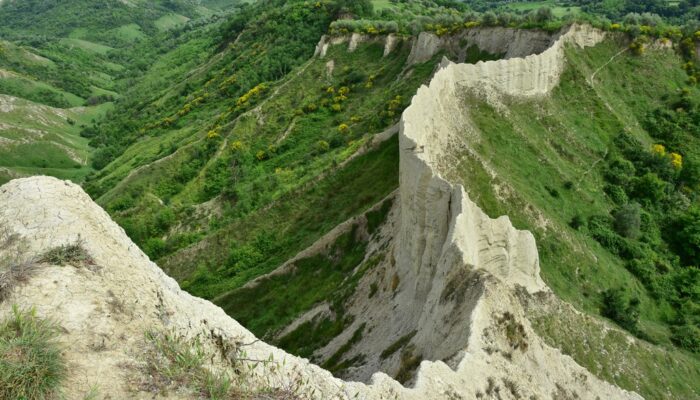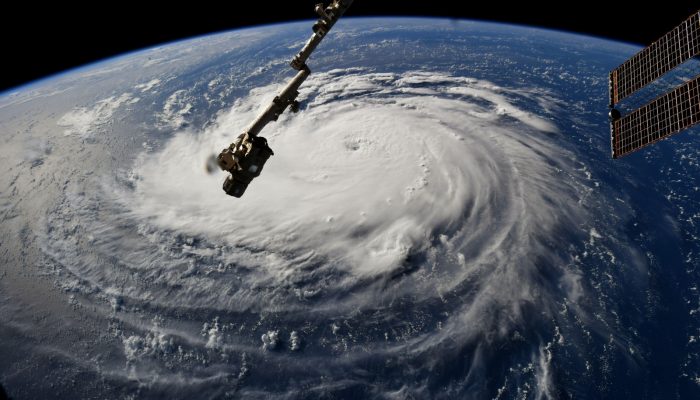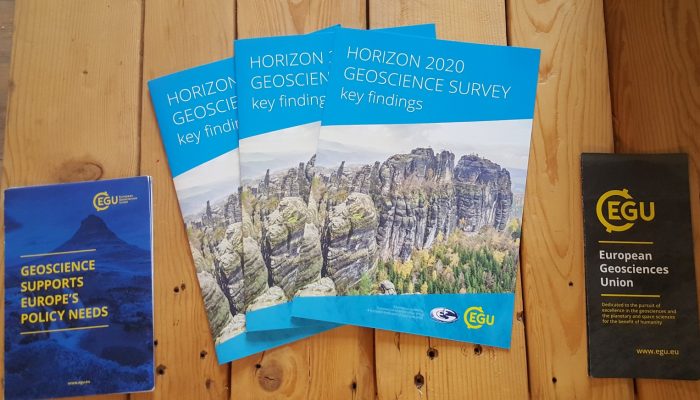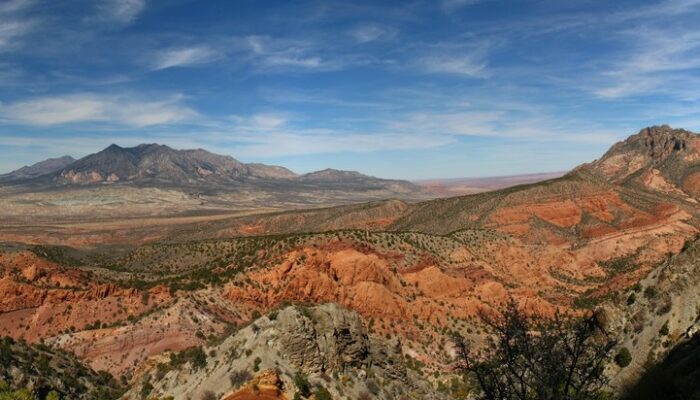The badlands valley of Civita di Bagnoregio is a hidden natural gem in the province of Viterbo, Italy, just 100 kilometres from Rome. Pictured here is the ‘wall,’ one of the valley’s most peculiar features, where you can even find the wooden structural remains of a trail used for agricultural purposes in the 19th and 20th centuries. The photograph was taken by Chiara Arrighi, a post-doc research a ...[Read More]
Imaggeo on Mondays: How erosion creates natural clay walls




